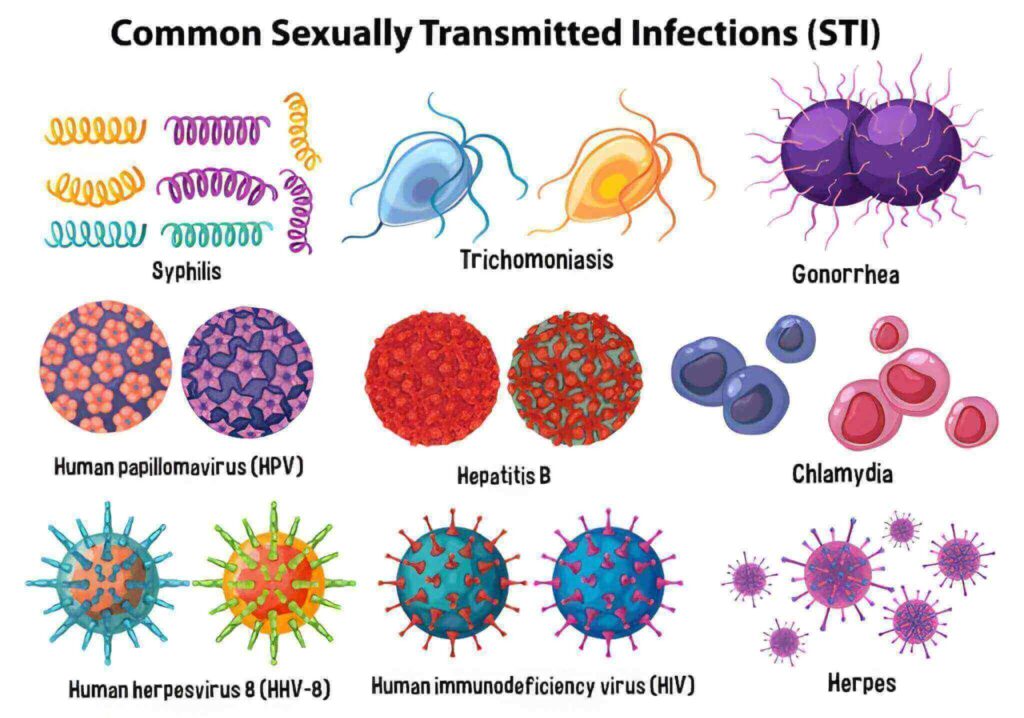Medically Reviewed by Dr. Oluwakemi Balogun (Kemi), MD — Medhaven Health
When living with a chronic illness, one of the most common questions people ask is: “Is a chronic illness a disability?” The short answer is yes, in many cases, a chronic illness can be considered a disability, depending on how it impacts your daily life and your ability to work. But the answer is not always simple — it depends on medical definitions, legal standards, and personal circumstances.
In this guide, we’ll explain how chronic illness and disability intersect, what laws say about it, and how you can get support if your condition limits your life.
What Is Considered a Chronic Illness?
A chronic illness is a long-term health condition that usually lasts for more than a year, requires ongoing medical care, or limits daily activities. Examples include:
-
Diabetes
-
Heart disease
-
Asthma
-
Arthritis
-
Chronic pain conditions
-
Autoimmune diseases like lupus or multiple sclerosis
-
Cancer (in many cases, even in remission due to long-term effects)
Unlike acute illnesses that come and go, chronic illnesses often require continuous management, medication, or lifestyle adjustments.
What Is a Disability?
A disability is defined differently depending on the context. In general terms, it’s any condition that significantly limits a person’s ability to perform major life activities — such as walking, working, breathing, or self-care.
In the United States, the Americans with Disabilities Act (ADA) defines disability as “a physical or mental impairment that substantially limits one or more major life activities.”
This broad definition means that many chronic conditions can qualify as disabilities under the law if they create significant limitations.
Is a Chronic Illness a Disability?
So, is a chronic illness a disability? The answer is: it depends on the severity and impact.
-
If your chronic illness limits your ability to work, walk, concentrate, or perform other daily tasks, it may legally count as a disability.
-
If your condition is well-managed and does not substantially limit daily life, it may not be considered a disability under legal definitions.
For example:
-
Diabetes: May qualify if it requires regular insulin management and causes complications.
-
Asthma: Considered a disability if symptoms severely limit breathing or physical activity.
-
Arthritis: Can be a chronic disability if pain and stiffness significantly impact mobility.
In short, not every chronic illness is legally defined as a disability, but many are when they impair essential functions of daily living.
Chronic Disability vs. Chronic Illness: Key Differences
The terms chronic illness and chronic disability are often used interchangeably, but they are not exactly the same.
-
Chronic illness refers to the medical condition itself (e.g., lupus, diabetes, COPD).
-
Chronic disability refers to the functional limitations caused by that condition (e.g., inability to work full-time, difficulty with mobility).
You can have a chronic illness without being disabled — but when the illness severely affects daily function, it often becomes a chronic disability.
Legal Protections for People With Chronic Illnesses
If your chronic illness qualifies as a disability, you may be protected by laws such as:
-
Americans with Disabilities Act (ADA): Prevents discrimination in employment, education, and public access.
-
Social Security Disability Insurance (SSDI): Provides financial support for those unable to work due to a disabling chronic condition.
-
Family and Medical Leave Act (FMLA): Allows eligible employees to take time off for serious health conditions without losing their job.
These protections ensure that people with chronic illnesses who meet the disability criteria can receive accommodations, benefits, and legal safeguards.
Examples of Chronic Disease Management and Support
Living with a chronic disability can feel overwhelming, but structured chronic disease management programs make a difference. These programs focus on:
-
Regular medical checkups
-
Medication management
-
Lifestyle adjustments (diet, exercise, stress management)
-
Counseling and mental health support
-
Support groups for chronic illness communities
For instance, the Stanford Chronic Disease Self-Management Program has helped thousands of people worldwide build skills to manage long-term conditions effectively.
When Should You Consider Your Chronic Illness a Disability?
You may want to consider your chronic illness as a disability if:
-
Your condition prevents you from maintaining employment.
-
You need workplace accommodations (flexible hours, remote work, ergonomic equipment).
-
You struggle with daily activities such as walking, cooking, or personal care.
-
You’re applying for disability benefits like SSDI.
Recognizing when an illness transitions into a disability is important for accessing the right support and resources.
FAQs About Chronic Illness and Disability
1. Is a chronic illness always considered a disability?
No. It depends on how much the illness limits your daily life or work ability.
2. Can you get disability benefits for a chronic illness?
Yes. Conditions like multiple sclerosis, severe asthma, or heart failure often qualify for disability benefits if they impair your ability to work.
3. What’s the difference between chronic illness and chronic disability?
Chronic illness is the health condition itself; chronic disability is the limitation that results from the condition.
4. Do invisible illnesses count as disabilities?
Yes. Many chronic conditions like fibromyalgia or chronic fatigue syndrome may not be visible but still qualify as disabilities under ADA.
Expert Commentary: A Doctor’s Perspective
Dr. Oluwakemi Balogun, MD, a board-certified physician at MedHaven Health in Glen Burnie, Maryland, explains:
“One of the biggest challenges my patients face is not the diagnosis itself, but understanding how that chronic illness impacts their daily life. Many people don’t realize that conditions like diabetes, arthritis, or asthma can meet the criteria for a disability if they significantly affect work or everyday tasks. The key is not just the label of ‘chronic illness’ but how it truly impacts function. That’s what we as clinicians evaluate when guiding patients on workplace accommodations or disability benefits.”
Key Takeaway
So, is a chronic illness a disability? In many cases, yes — if it substantially limits your ability to work or live independently. While not every chronic illness is automatically a disability, laws like the ADA and SSDI recognize that many long-term health conditions create serious limitations.
If you live with a chronic illness, it’s worth understanding your rights, exploring chronic disease management options, and speaking with a healthcare provider about whether your condition may be classified as a chronic disability.

CRNP, FNP-BC, MSN is a board-certified Family Nurse Practitioner with 16+ years of experience. She provides personalized, high-quality care in family medicine, preventive health, and chronic disease management at MedHaven Health in Glen Burnie, Maryland. Read More








